The World Wetlands Day is being marked today. World Wetlands Day is celebrated annually on 2 February with the aim to raise global awareness about the vital role of wetlands for people and planet. This day also marks the date of the adoption of the Ramsar Convention on Wetlands on 2 February 1971.
Wetlands are ecosystems where water is the primary factor controlling the environment and the associated plant and animal life. A broad definition of wetlands includes both freshwater and marine and coastal ecosystems such as lakes and rivers, underground aquifers, swamps and marshes, wet grasslands, peatlands, and human-made sites such as fishponds, rice paddies, reservoirs and saltpans.
Though they cover only around 6 per cent of the Earth’s land surface, 40 per cent of all plant and animal species live or breed in wetlands. These lands are vital for humans, for other ecosystems and for our climate, providing essential ecosystem services such as water regulation, including flood control and water purification.
Wetlands are among the ecosystems with the highest rates of decline, loss and degradation. In lack of proper conservation effort we are losing wetlands three times faster than forests. We have lost 35 per cent of the world’s wetlands have in last 50 years. Nearly 90 per cent of the world’s wetlands have been degraded since the 1700s. Rapid human population growth, unsustainable production and consumption contribute to the degradation of wetlands.
Wetlands are a natural solution to the era-defining global threat of climate change. They absorb carbon dioxide so help slow global heating and reduce pollution, hence have often been referred to as the “Kidneys of the Earth”. Peatlands alone store twice as much carbon as all the world's forests combined. But, when drained and destroyed, wetlands emit vast amounts of carbon. Wetlands also provide a buffer against the impacts of floods, droughts, hurricanes and tsunamis, and build resilience to climate change.
World Wetlands Day is the ideal time to increase people’s understanding of these critically important ecosystems, as it is urgent that we raise national and global awareness about wetlands in order to reverse their rapid loss and encourage actions to conserve and restore them.
This year’s theme is “It’s Time for Wetlands Restoration,” which highlights the urgent need to prioritize wetland restoration since well-restored wetlands can also provide many of the services performed by the original natural wetland.






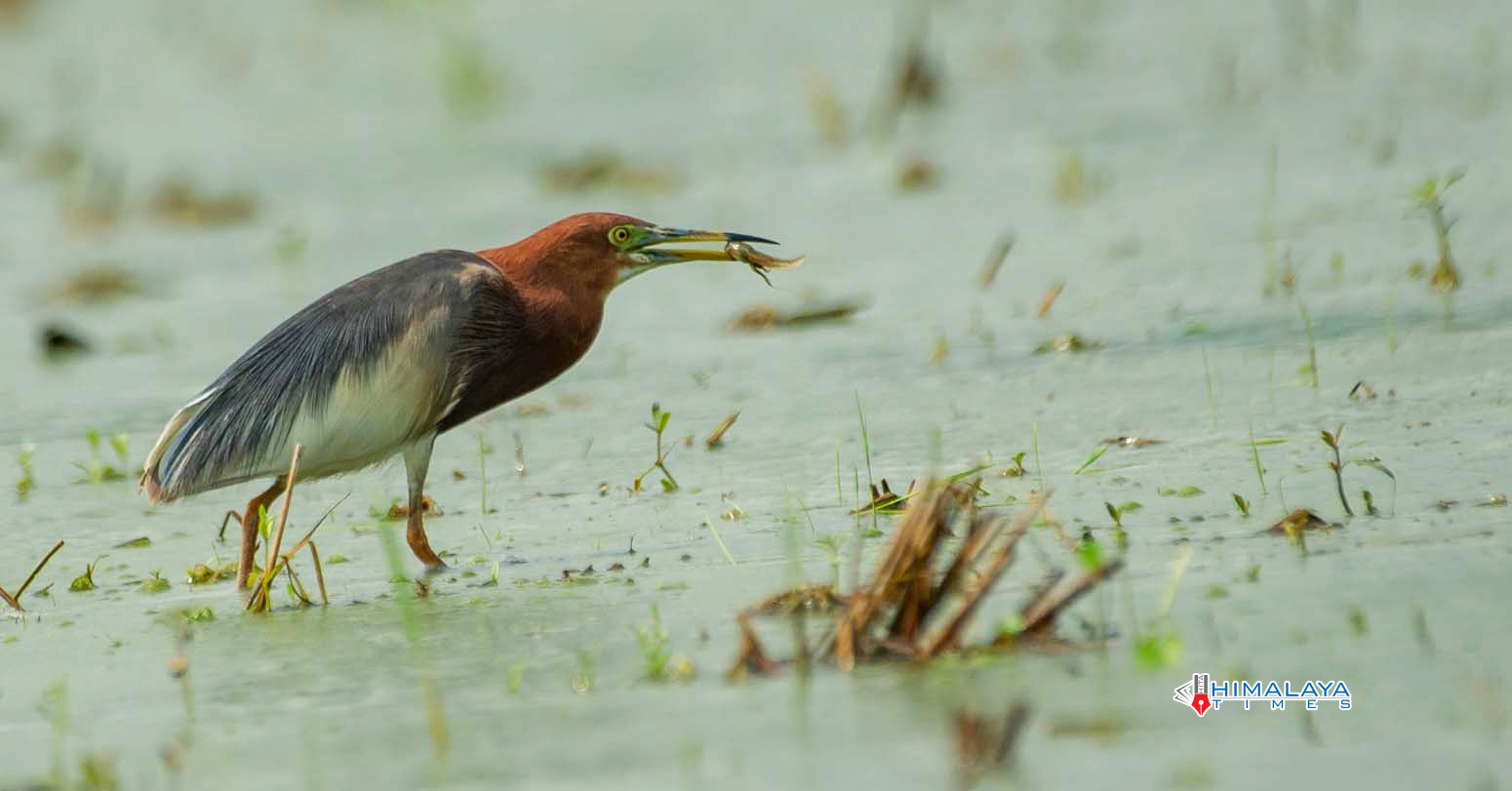


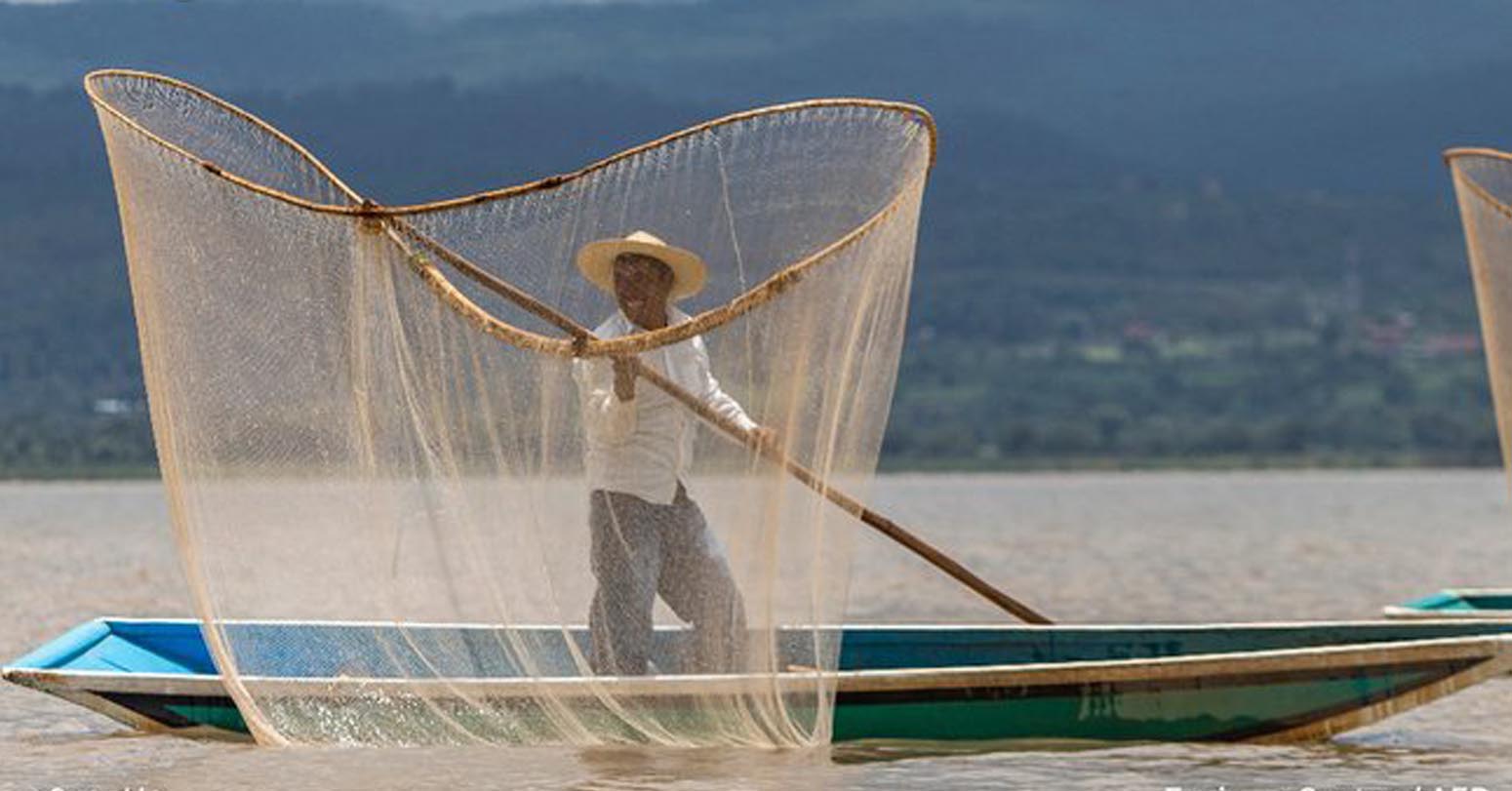
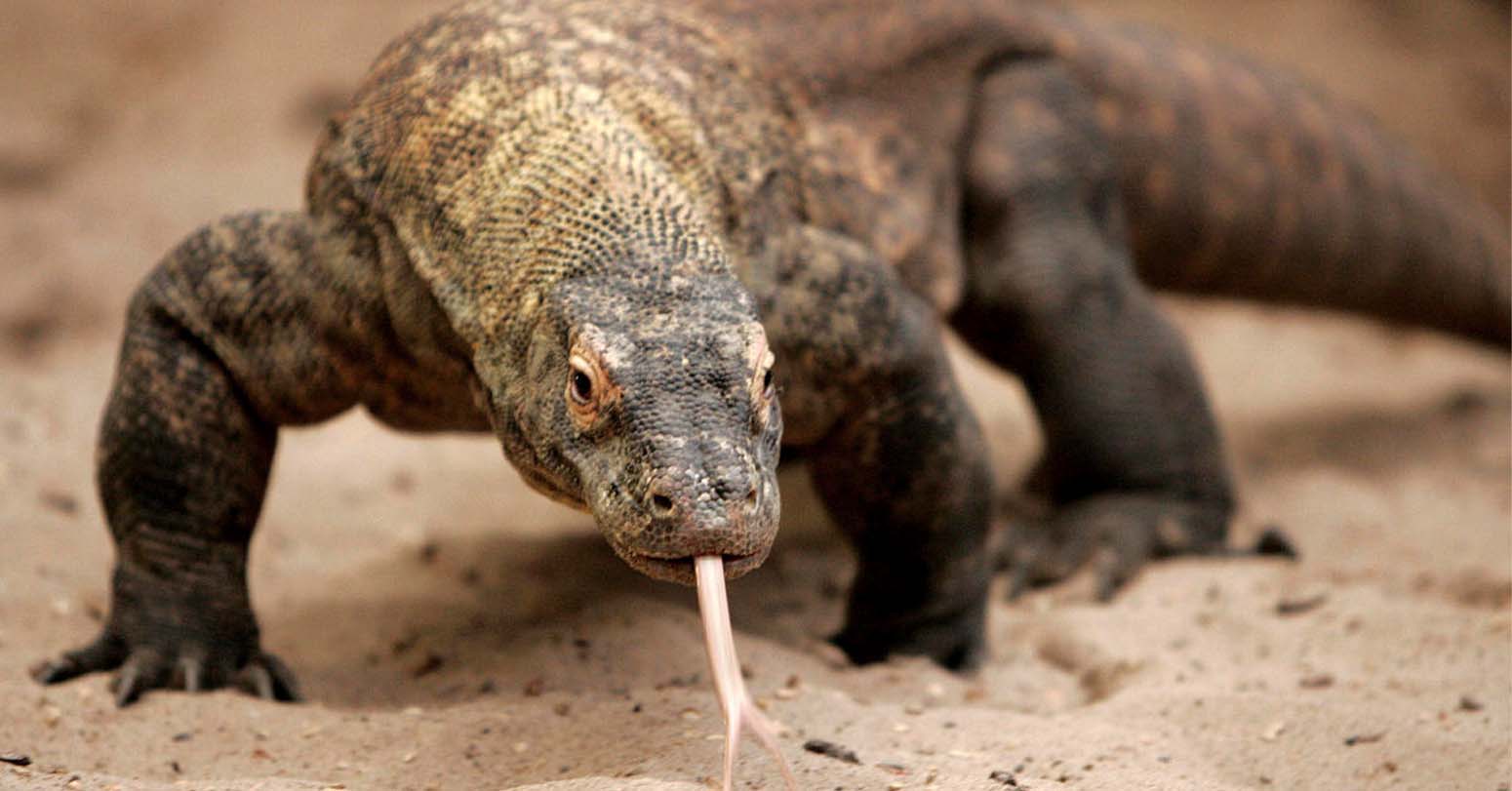
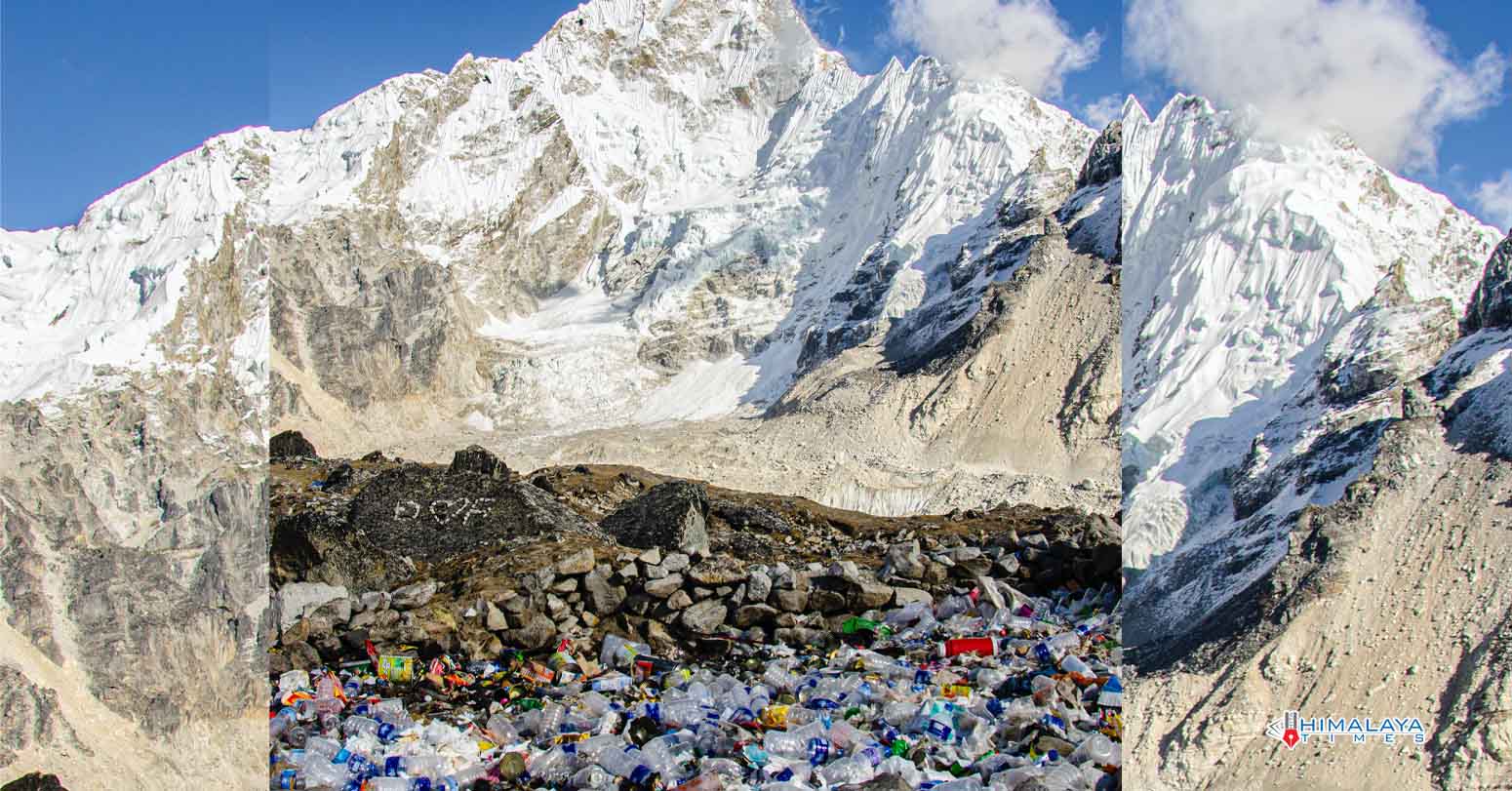

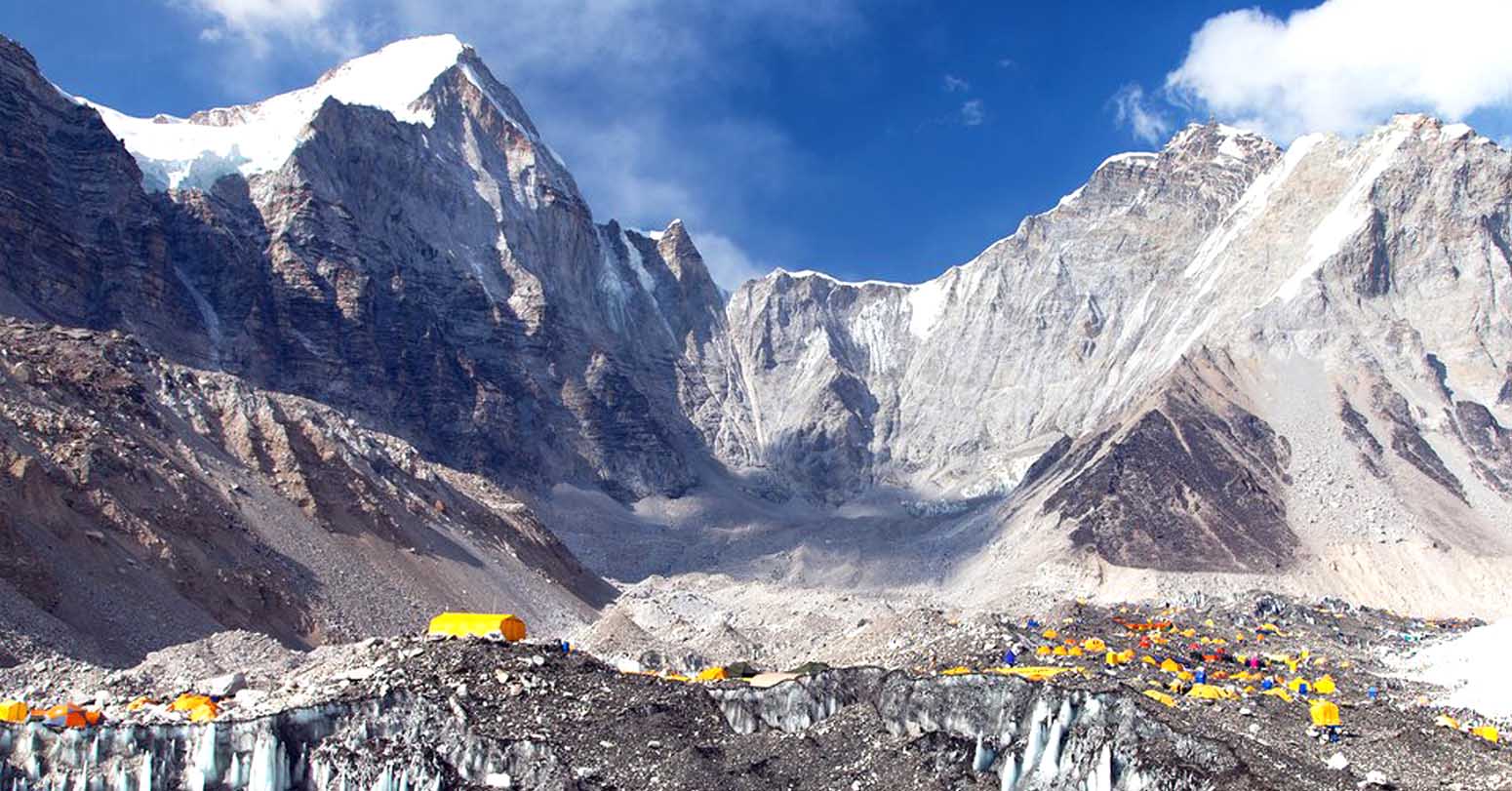
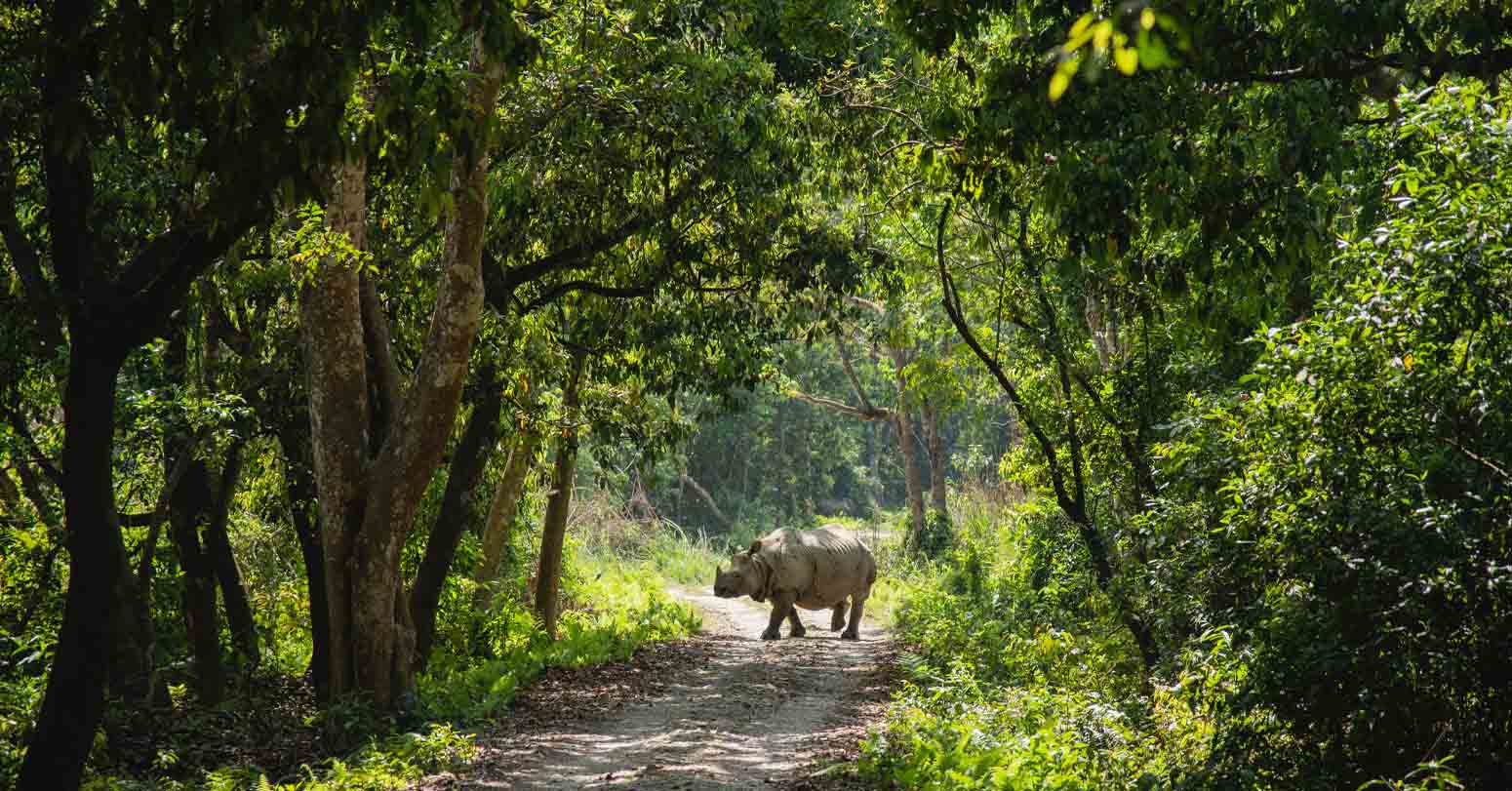
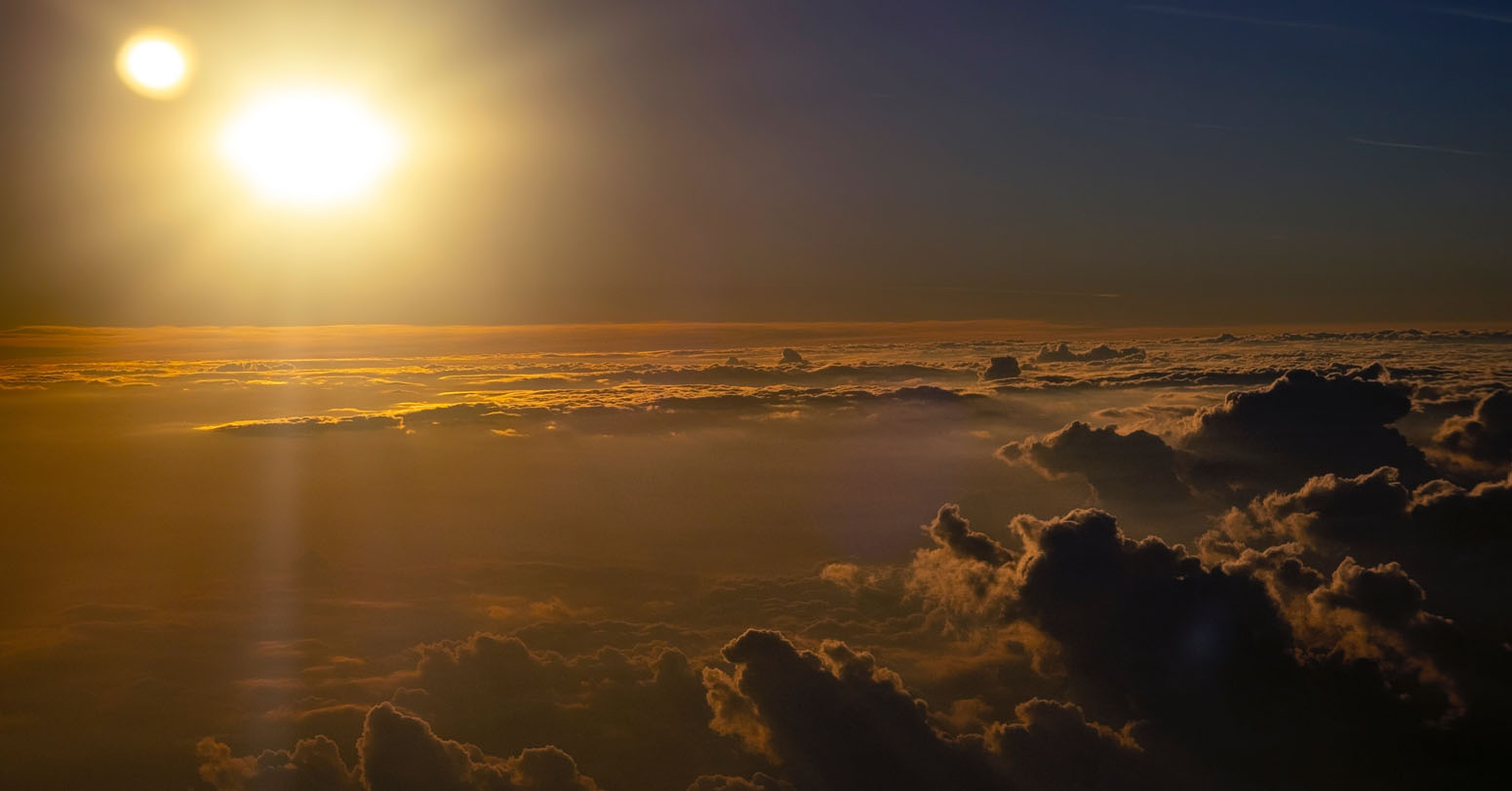
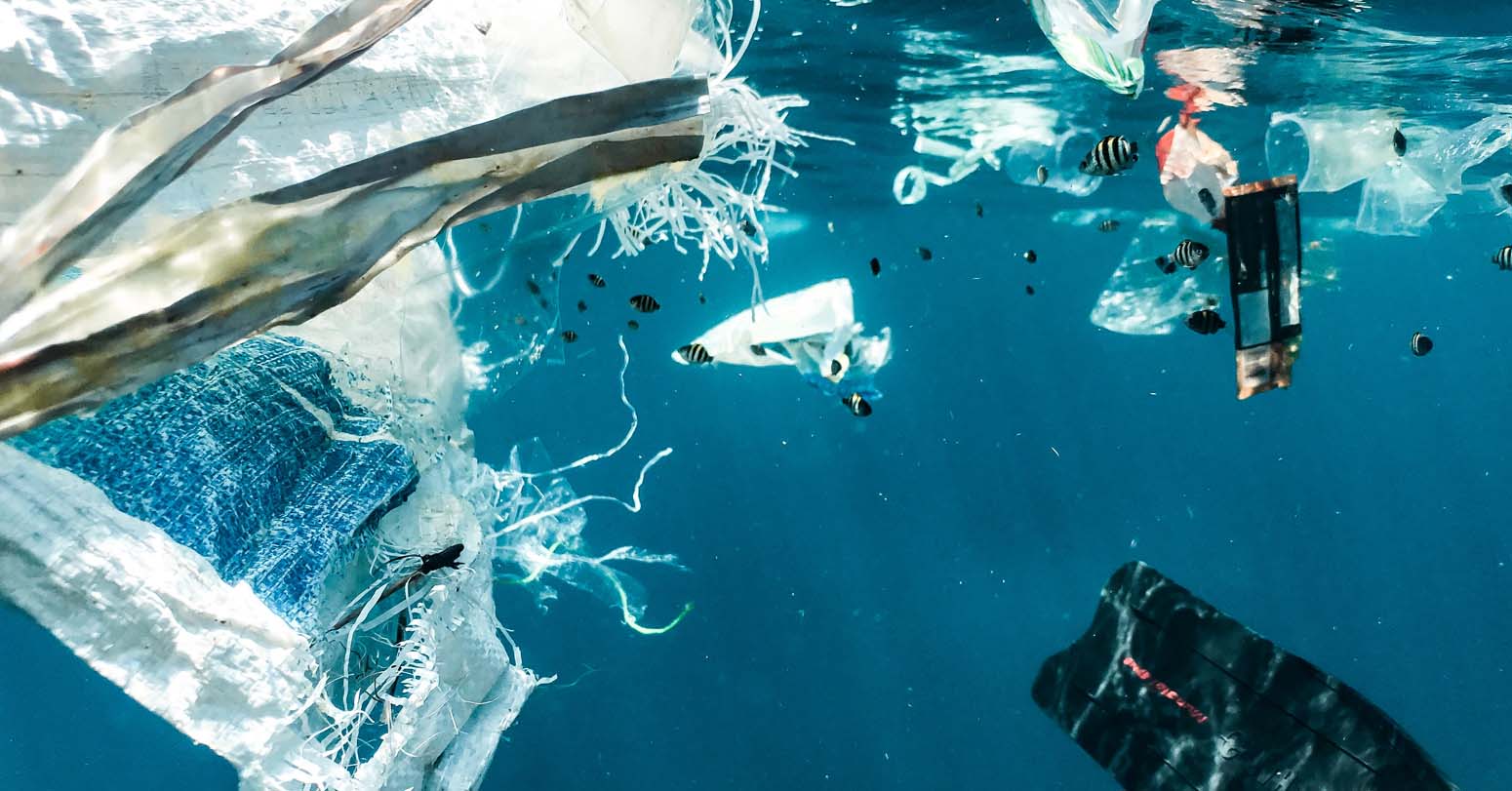
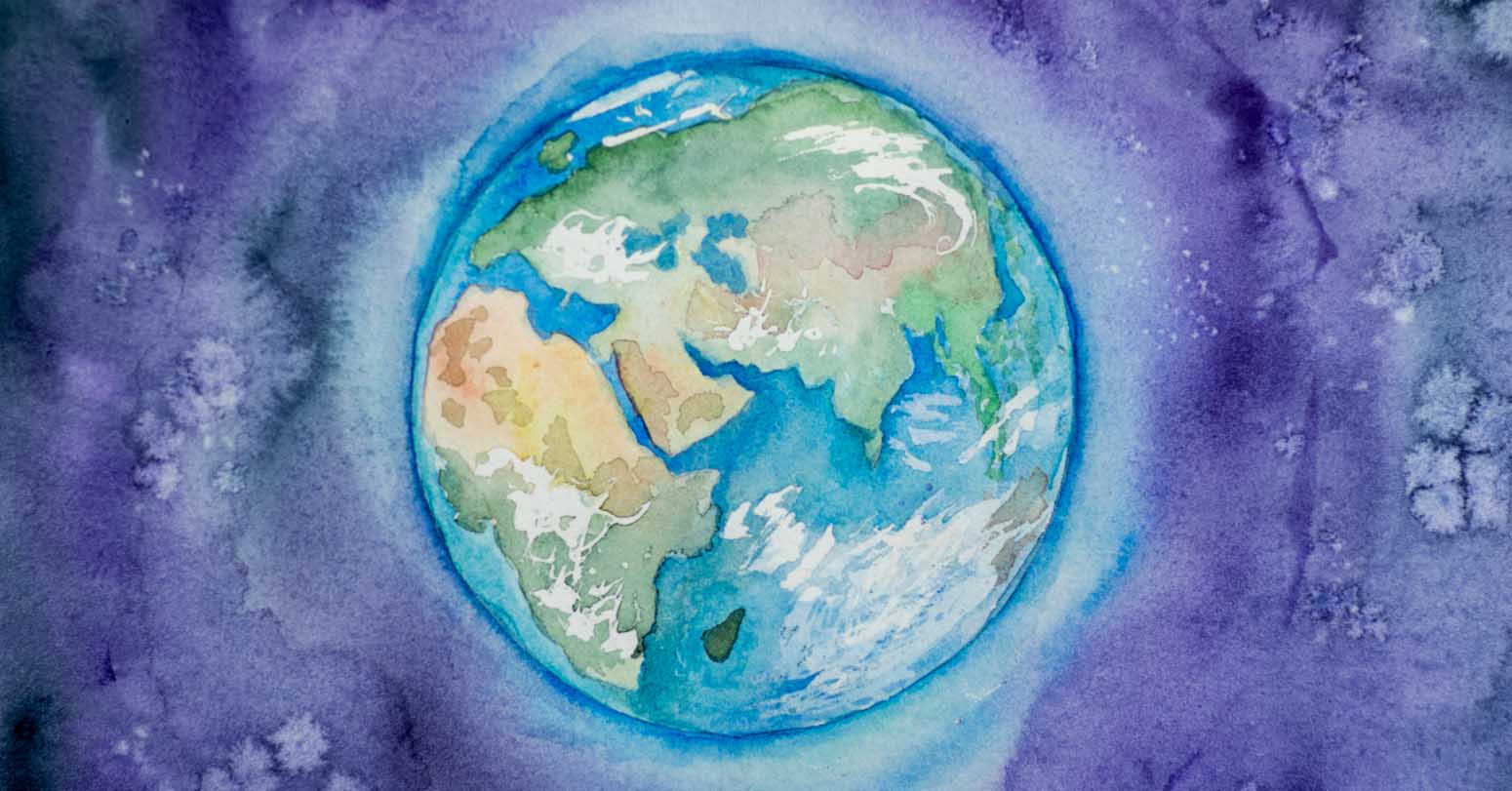

Comprehensive Data Protection Law Critically
Gender Differences In Mental Healthcare
Messi Wins Best FIFA Men’s
Erosion of Democracy
Fly Dubai Catches Fire in
“Complexities of the South Asian